On June 21, speaking at the discussion hall on the draft Land Law (amended), delegate Tran Chi Cuong, Deputy Head of the National Assembly Delegation of Da Nang City, suggested that it is necessary to consider and select 1 to 2 specific methods of determining land prices for all sectors and localities to apply, ensuring consistency, feasibility, and avoiding future legal problems.
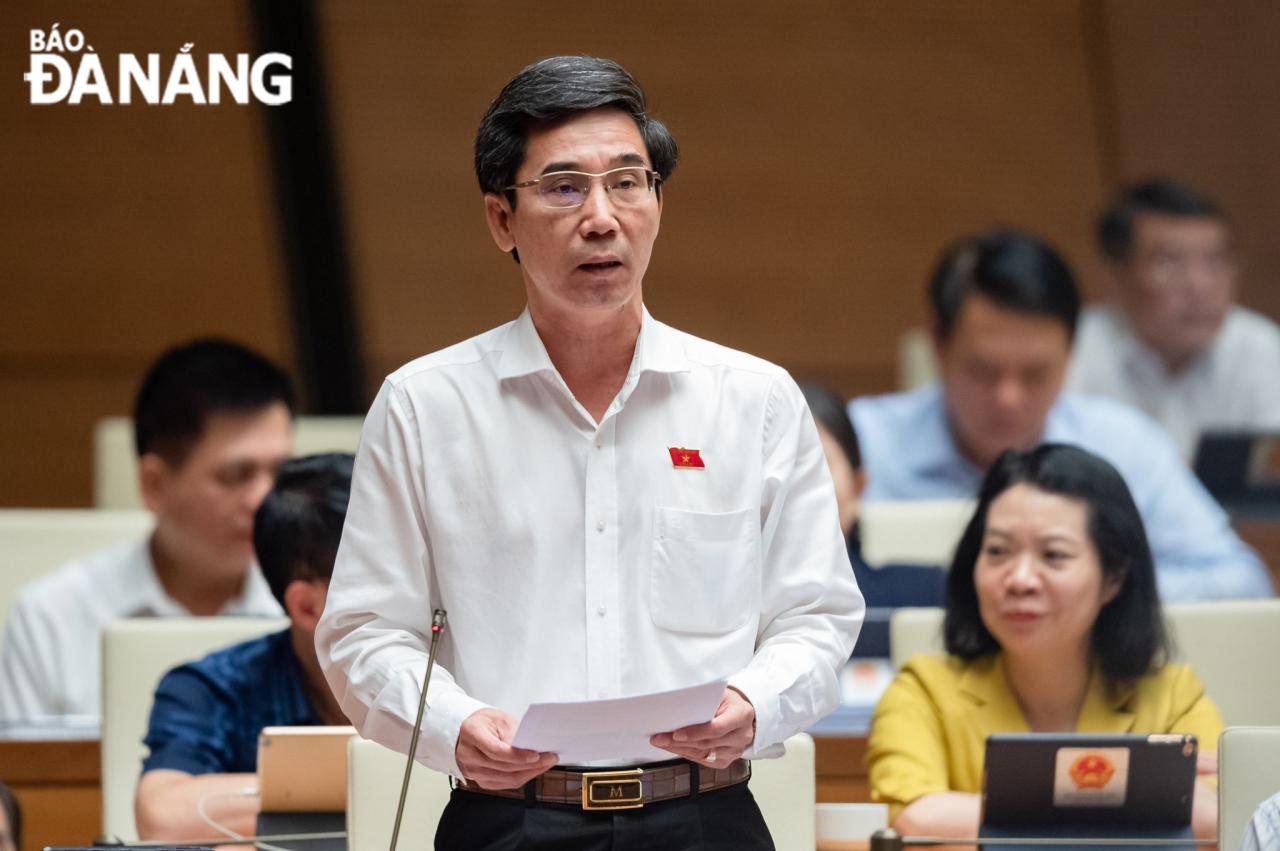 |
| Delegate Tran Chi Cuong speaks at the discussion hall. Photo: VU HUNG |
Delegate Tran Chi Cuong agreed to amend the Land Law and at the same time contributed and supplemented two important issues.
Regarding the issue of land lease stipulated in Article 120 of the draft law, although Clause 2 basically institutionalizes the Party's policy in Resolution No. 18-NQ/TW of the 13th Central Executive Committee, specifically regulating groups of fields, sectors and land used for fields that are paid once for the entire lease period, however, according to delegates, this is an issue that needs to consider the specific development factors of each locality.
In fact, there are projects that are identified as key drivers to promote the socio -economic development of a locality and investors require a one-time payment to be able to balance and proactively plan financial investment for project implementation to ensure stability and avoid fluctuations during the project implementation process of the investor, but the one-time payment method will not be applied.
Therefore, according to delegate Tran Chi Cuong, it is necessary to consider adding to Clause 2, Article 120 the case that, for projects of a driving and key nature, within the strategy, planning, and socio-economic development plan of the locality, the Provincial People's Council shall consider and decide on one-time land rent payment for the entire lease term.
This will ensure both the development goals of the locality and the desire to stabilize investment and production of enterprises, and ensure the harmony of interests of the State, investors and land users.
In addition, at point b, clause 2, Article 120 stipulates that "using commercial service land for tourism activities" is a case of land lease with one-time payment for the entire lease period. According to the delegate, the phrase "tourism activities" needs to be clarified.
Explaining this, the delegate said that according to the interpretation of the terms stipulated in Clause 3, Article 3 and in Chapter V of the 2017 Law on Tourism, which specifically regulates tourism activities, types of tourism businesses and tourism business activities, such as travel, transportation, accommodation and other types of tourism services such as food, shopping, entertainment, recreation, health care, it shows that tourism activities have a fairly wide scope and connotation. Therefore, it is necessary to clarify and specify the concept of "tourism activities" for convenience, clarity and feasibility when applying the law in practice.
In principle, the method of calculating land prices is stipulated in Article 158 and the land price list in Article 159. The delegate said that although Clause 4, Article 158 has removed the surplus method compared to the current law, the draft law stipulates 4 methods of land valuation including: "direct comparison method; deduction method; income method; land price adjustment coefficient method".
However, in practice, for the same plot of land, applying 4 methods will give 4 different results and there will be a huge difference; not to mention that in the same method such as the income method, if the input variables are changed, the land price will also have different changes.
Meanwhile, Clause 5, Article 158 stipulates that "The land price determination agency is allowed to decide to determine land prices using one or more valuation methods as prescribed in Clause 4".
Normally, to be safe, the State agency will implement many methods and choose the result of the method that gives the highest price, which invisibly pushes difficulties to businesses.
In addition, the regulation "The agency that decides on land prices based on the results of determining land prices that are most beneficial to the State budget" needs to be carefully considered, analyzed and clearly defined as to what is "most beneficial to the State budget"; is it the application of which method that gives the highest price "most beneficial" or is it simply a matter of the highest land price?
According to the delegate, land is just an input material, what is important is how the land is used, how the land users will exploit and use it to bring benefits, the added value from the land... will be more important than just the land price, only then will the land use be comprehensively and long-term effective.
In reality, there are cases where it is possible to determine low-priced land leases, but the benefits will be higher from job creation, increased annual budget revenue from taxes, from production and business activities, or other opportunity costs when attracting early investors to invest in that land location.
On the other hand, the above regulation "most beneficial to the State budget" creates a contradiction with the regulation in Clause 3, Article 153 "... in case the land rent for the next cycle increases compared to the previous cycle, the land rent payable shall be adjusted to increase by no more than 15% compared to the previous cycle".
Because determining the new cycle based on the land price list determined at the time of the first year of the cycle, land prices often increase very high compared to the previous 5 years, and the determination of "increase no more than 15%" needs to be analyzed to clarify the basis for determining this rate.
Delegate Tran Chi Cuong said that, from the above issues, it can be seen that the regulation of 4 methods for determining land prices will create difficulties and complications in the implementation process. Therefore, it is necessary to review and re-evaluate which of the 4 methods is the most advantageous and convenient to decide on choosing 1 to 2 specific methods for all sectors and localities to apply, ensuring consistency, feasibility, and avoiding future legal problems.
In addition, Clause 1, Article 159 stipulates the annual adjustment of the Land Price List but does not clearly stipulate the principles, criteria and conditions for adjusting the Land Price List. This will encounter many difficulties and obstacles in implementation.
Therefore, to create a clear legal basis and avoid arbitrary application of the law, delegates suggested that it is necessary to consider adding specific principles, conditions, and criteria as a basis for adjusting the annual land price list.
N.PHU - VU HUNG




![[Photo] National Assembly Chairman visits Vi Thuy Commune Public Administration Service Center](https://vphoto.vietnam.vn/thumb/1200x675/vietnam/resource/IMAGE/2025/7/1/d170a5e8cb374ebcae8bf6f7047372b9)


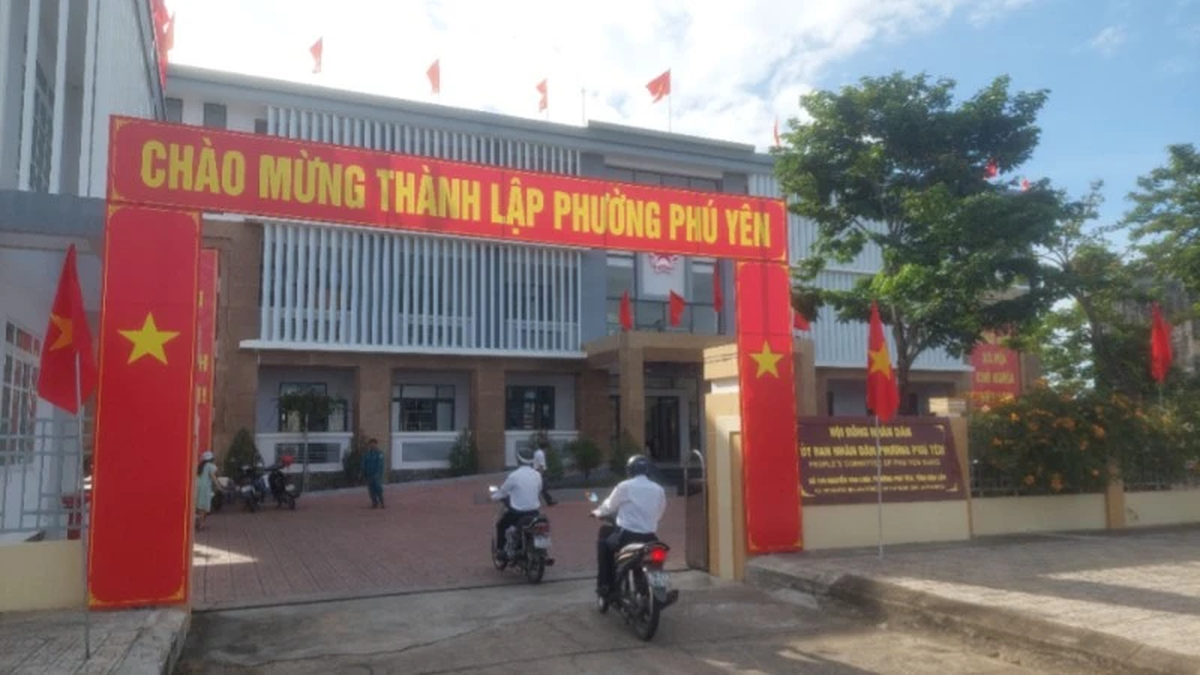
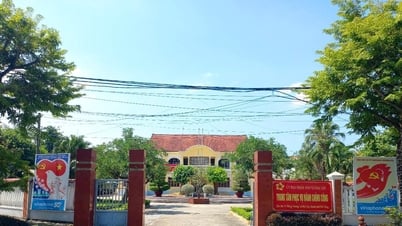



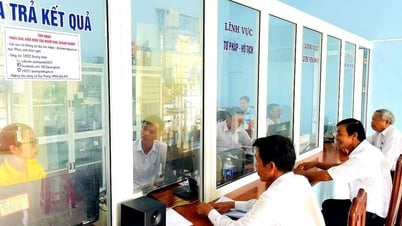










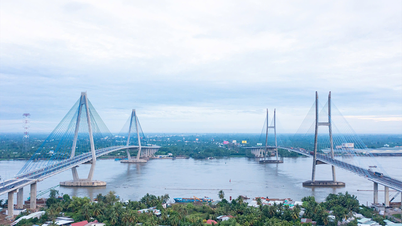

![[Photo] Standing member of the Secretariat Tran Cam Tu chaired a meeting with Party committees, offices, Party committees, agencies and Central organizations.](https://vphoto.vietnam.vn/thumb/1200x675/vietnam/resource/IMAGE/2025/7/1/b8922706fa384bbdadd4513b68879951)
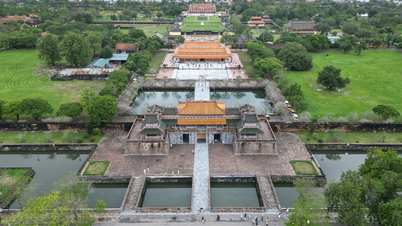



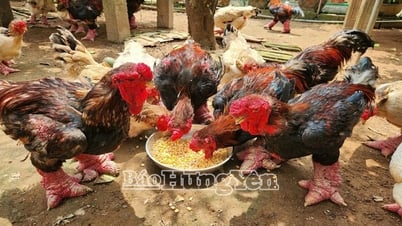

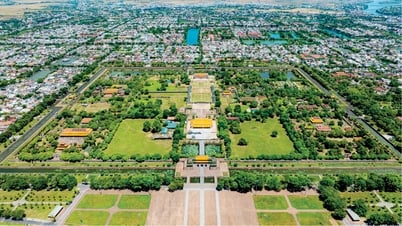








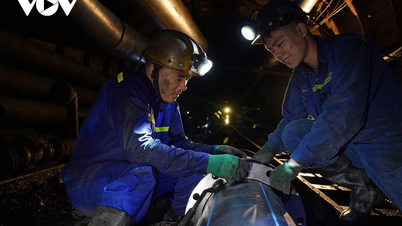







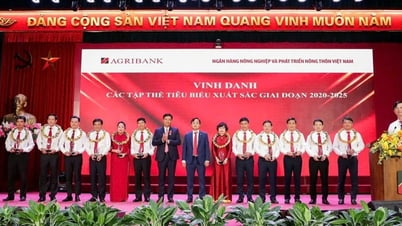


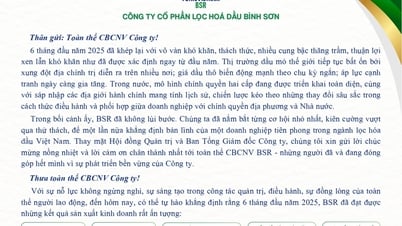



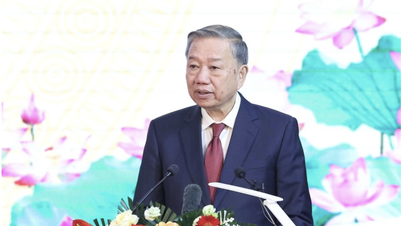

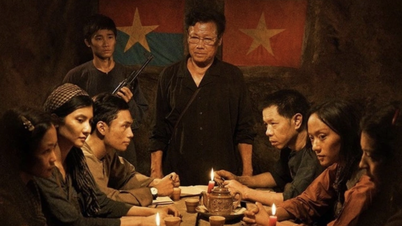
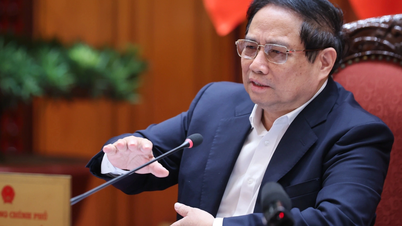

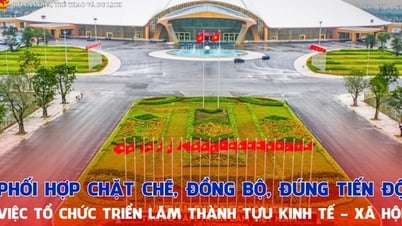


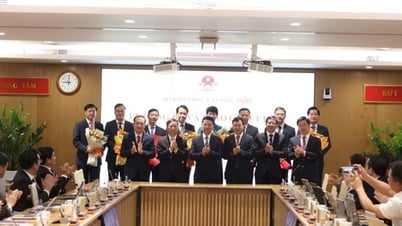







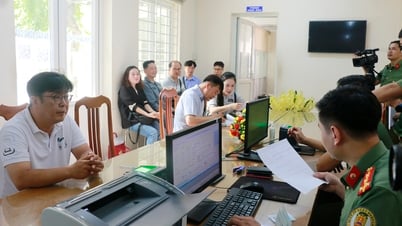
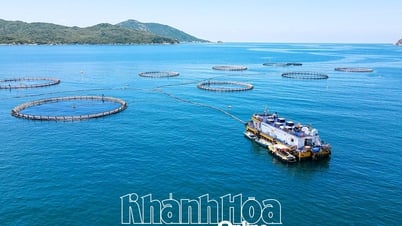



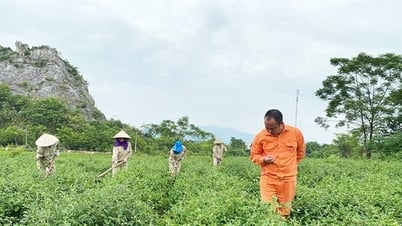













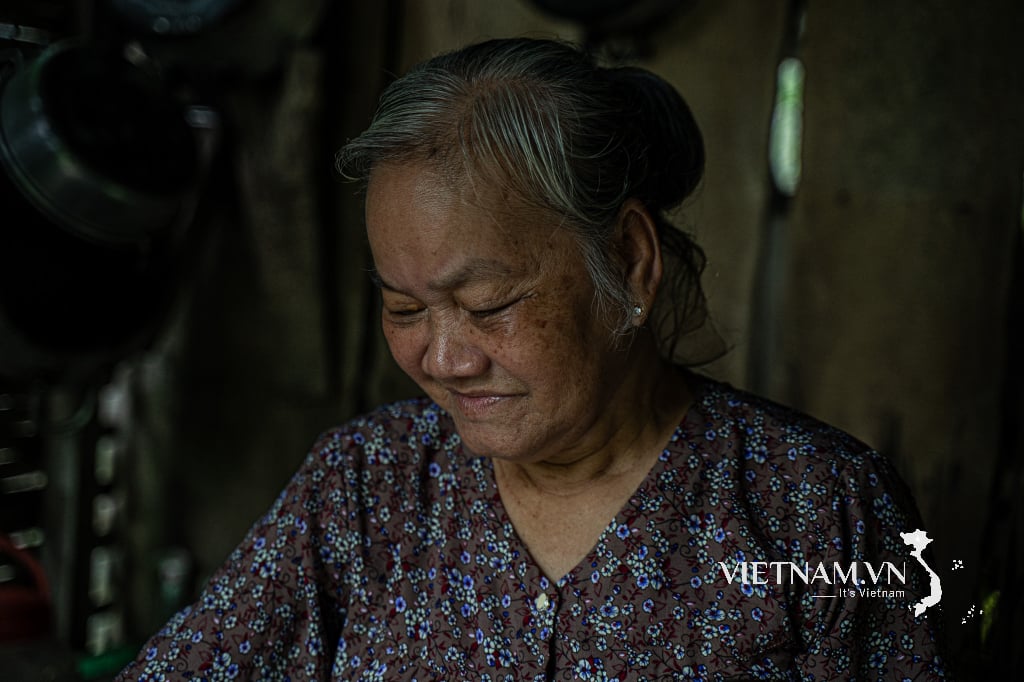
Comment (0)